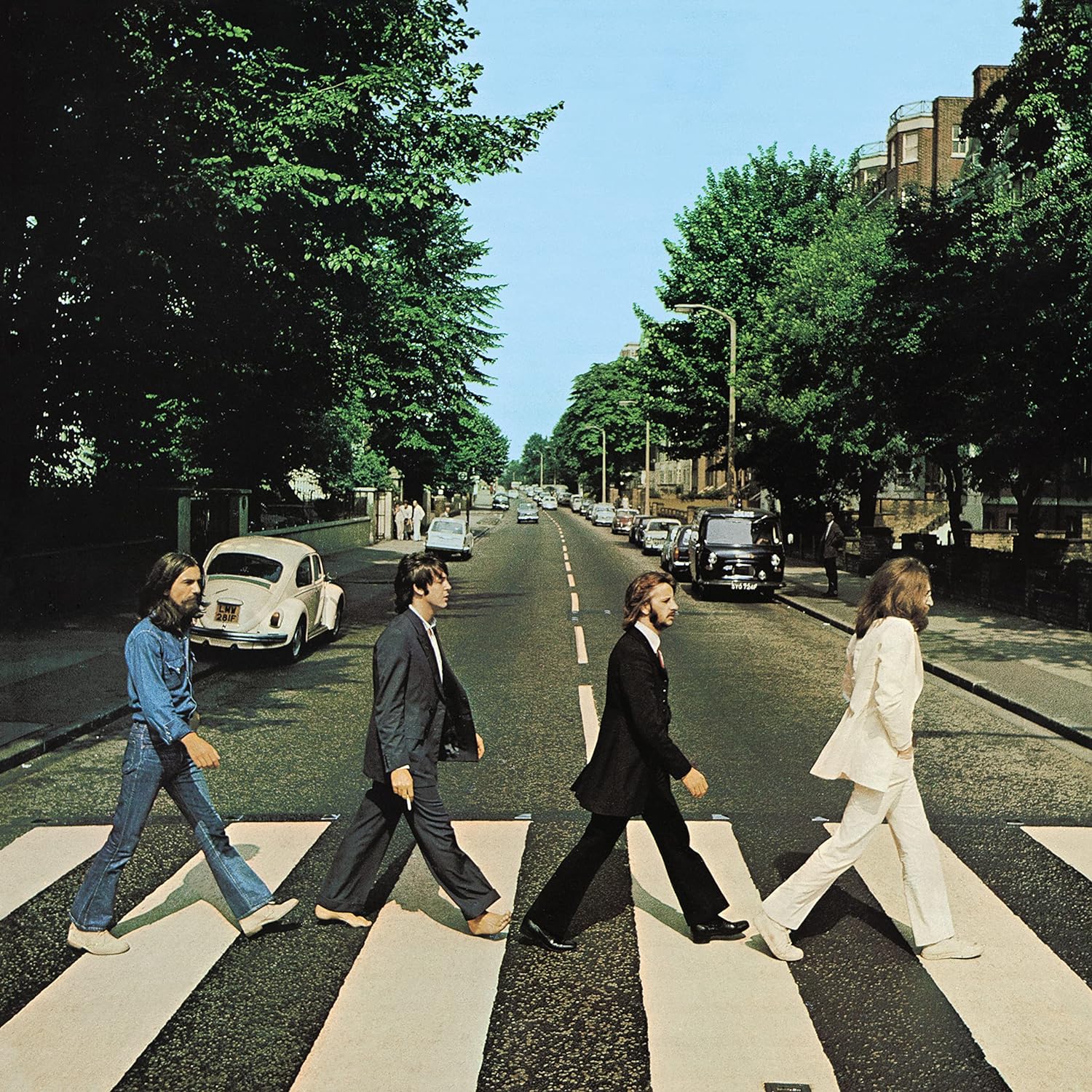“You have people who are into computers and synthesisers, and then you get those who are interested in real music”: Geoff Emerick was totally anti-technology back in 1985, but he did correctly predict the future of recording
It was better in his day, he said, and it turned out he was right
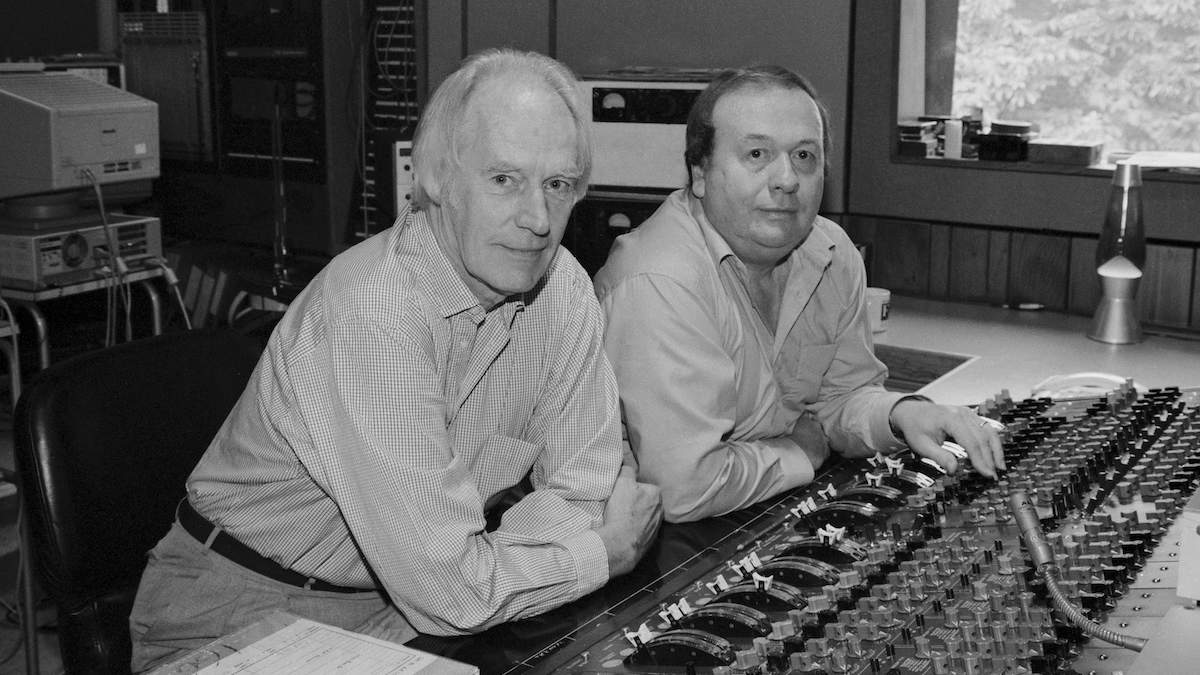
Want all the hottest music and gear news, reviews, deals, features and more, direct to your inbox? Sign up here.
You are now subscribed
Your newsletter sign-up was successful
As much as George Martin and The Beatles embraced studio technology (and of course still embrace it), their engineer Geoff Emerick would later start to despise it, as a 1985 interview with him reveals.
In it he railed against synthesisers, drum machines and computers, but pretty much correctly predicted how badly the then new digital technology would turn out.
So called ‘digital technology’ was invading all aspects of our lives back in the 1980s, especially so in the domain of the recording studio. Multitrack digital recording and digital effects were becoming popular, while classic analogue synths were being replaced by machines like this.
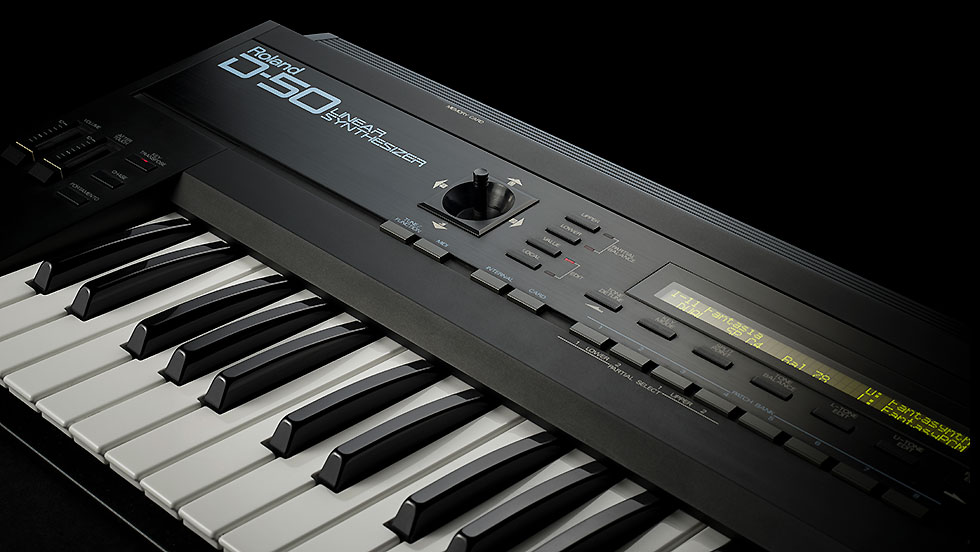
With Emerick’s vast experience recording the Beatles in a brilliant (and very analogue) way – his very first recording with them was the mighty Tomorrow Never Knows' from Revolver – he had every reason to speak out about the impending digital recording revolution of the time.
That being said, some of his comments in the wide ranging 1985 Home & Studio Recording interview – in which he spoke about recording everyone from The Beatles to Elvis Costello – were perhaps a bit anti everything when it came to technology, especially technology like this.
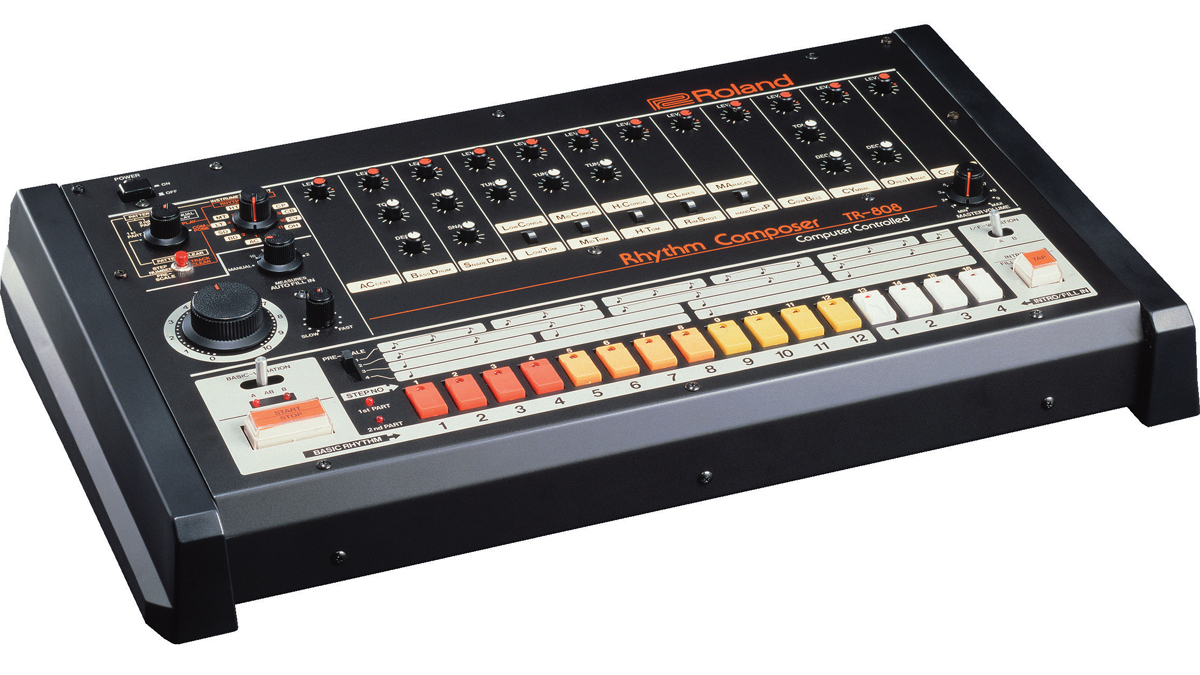
“I detest drum machines,” he said in the piece. “I find them totally non-musical. I prefer a real drummer any day. You have people who are into computers and synthesisers and then you get those who are interested in real music, real strings and so on.”
We had to do it all with tape; there weren't any gadgets in those days.
Geoff Emerick
This was surprising to hear given how forward thinking the recording of a track like Tomorrow Never Knows was, and also given that The Beatles were one of the first bands to embrace synthesisers (for Abbey Road in 1969). However, Emerick said in the interview that it was their use of tape that was so experimental, not the technology of the time.
Want all the hottest music and gear news, reviews, deals, features and more, direct to your inbox? Sign up here.
“We were just experimenting all the time,” he said of his time with band. “And, of course, we had to do it all with tape; there weren't any gadgets in those days. Using tape for effects still sounds best to me.”
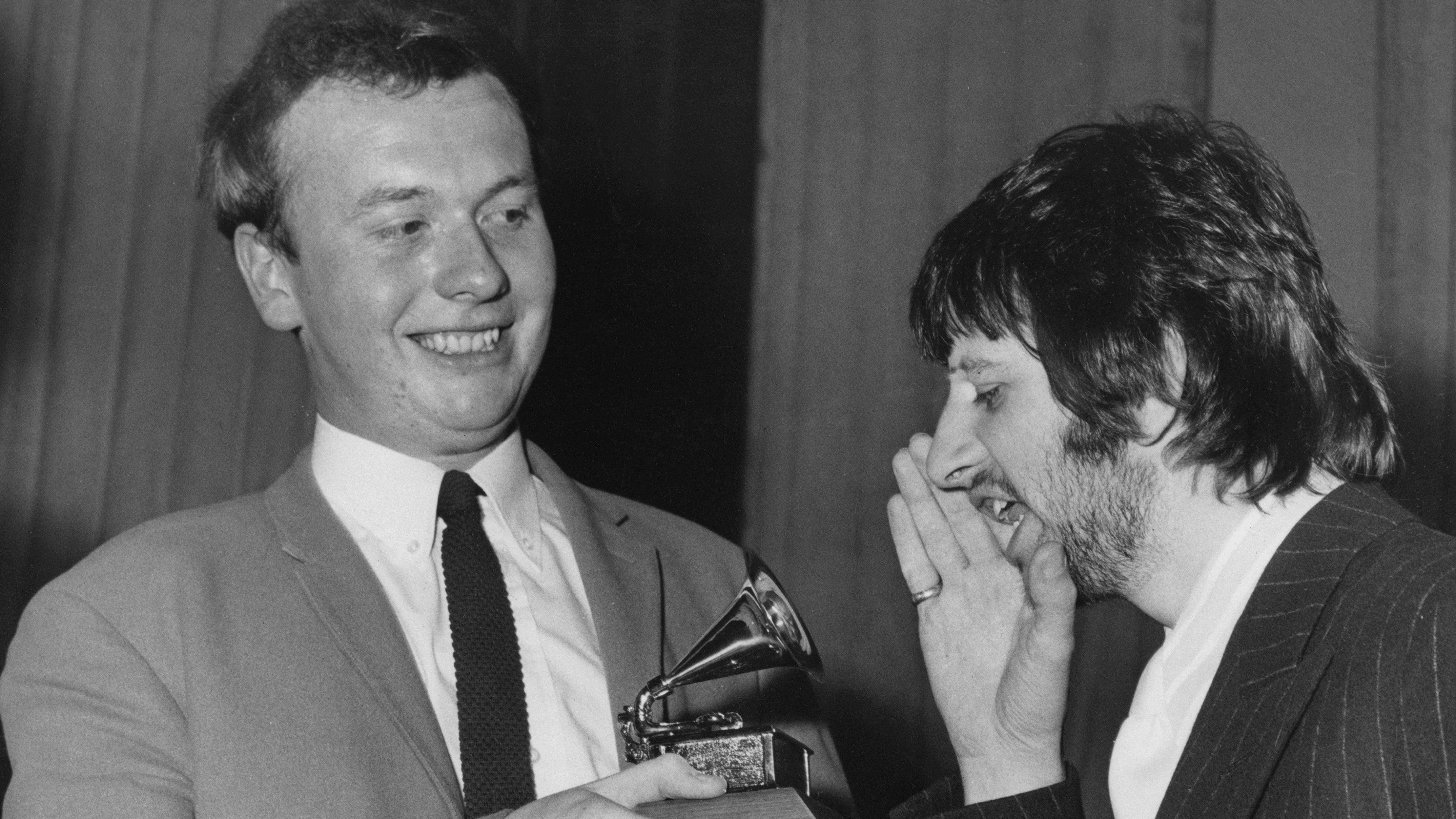
However Emerick did predict the future of recording with his summation of all things recorded digitally.
There seems to be this mystique that if you have a bad recording, by processing it digitally it will sound better
Geoff Emerick
“Today's technology is detrimental to music,” he said. “I’m not even very interested in digital. If you record at 30ips and master on 30ips ½", I still defy anyone to tell a digital recording from an analogue one. There seems to be this mystique that if you have a bad recording, by processing it digitally it will sound better. I think the reins should be put on for a while.
"This technological so-called advance they keep talking about just to produce a sound that is thin, uninspired, technically coloured and lacking warmth. Also, because it's so expensive, studio costs go up and therefore the record companies are fighting shy of new acts which have got potential. The technical side is affecting the artistic side.”
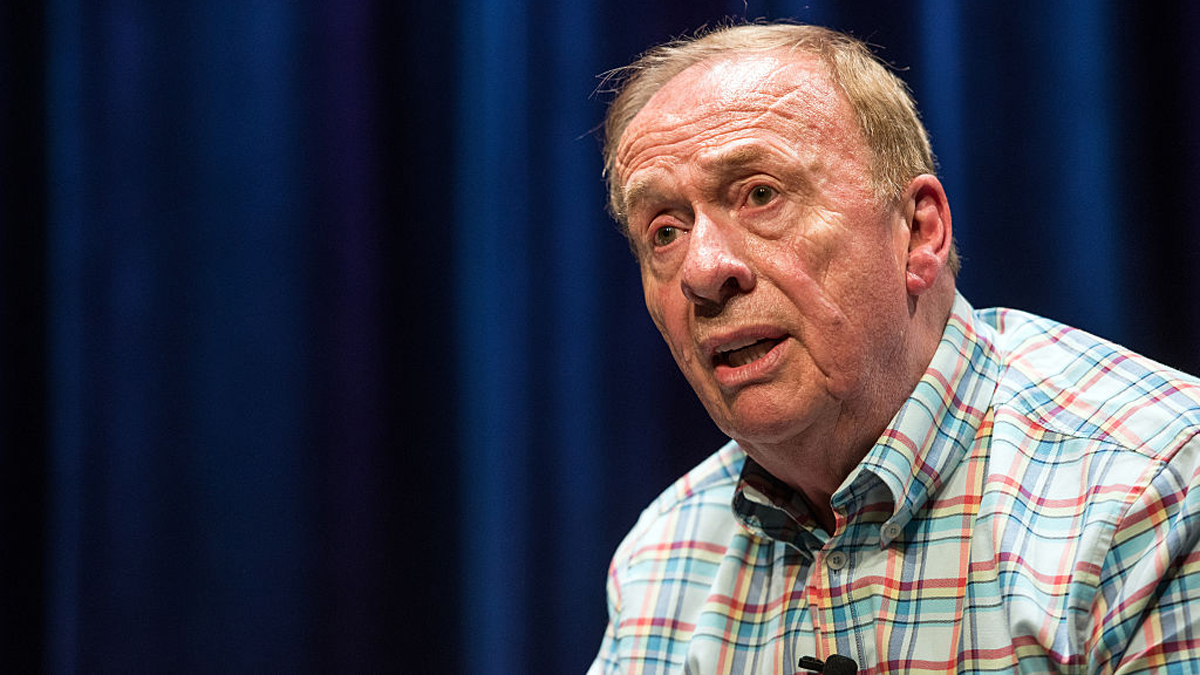
He certainly had a point with that last sentence, and given how long it took digital technology to sound as warm as analogue, he kind of predicted the future of recording. The 80s were awash with sterile digital recordings and we’ve spent the last 30 years yearning for the good old days (and gear) of recording, with a lot of vintage analogue gear fetching huge prices.
But digital did win out in the end, and it’s now the most widely used technology in all aspects of production, from recording to software instruments and effects, many of which somewhat ironically try and emulate vintage analogue recording equipment. So Emerick was correct, because it is the sound of analogue that producers have ended up coming back to; it’s just they mostly get it these days using the 'digital' he despised.


Andy has been writing about music production and technology for 30 years having started out on Music Technology magazine back in 1992. He has edited the magazines Future Music, Keyboard Review, MusicTech and Computer Music, which he helped launch back in 1998. He owns way too many synthesizers.
